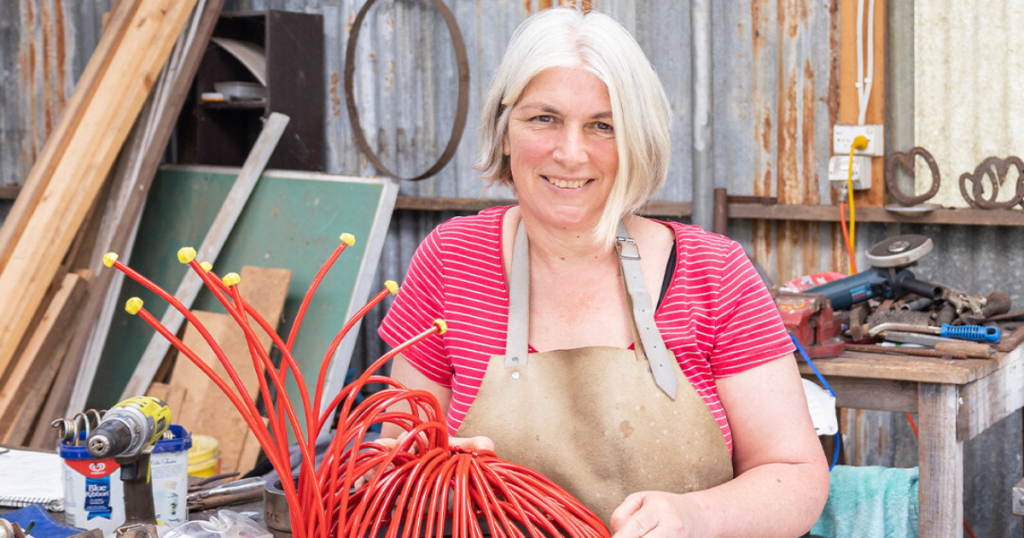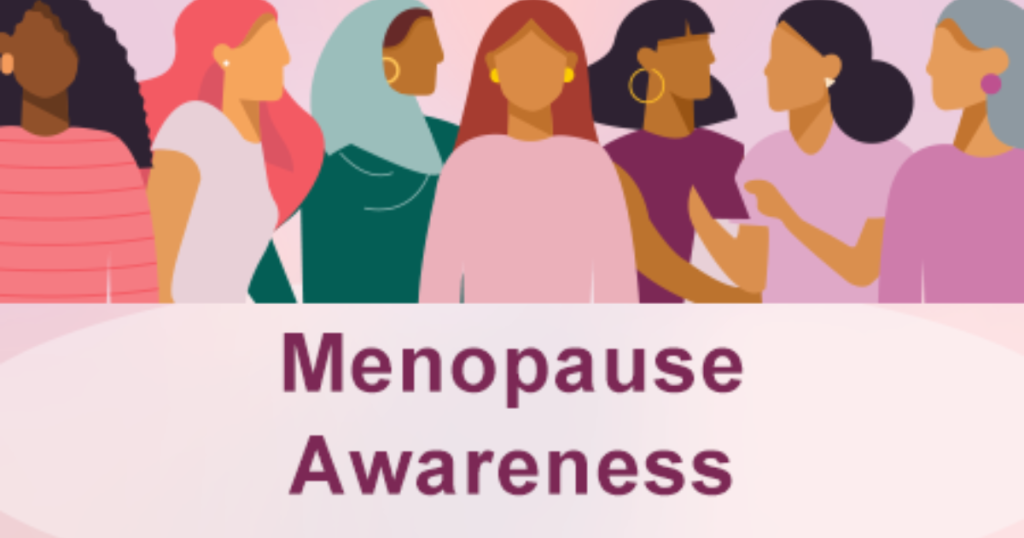Perimenopause is a very important time in a woman’s life, but it can cause a lot of confusing symptoms that are hard to figure out. Managing perimenopause is not one of the top goals for general practitioners (GPs), even though it is very important. Menopause Awareness This piece talks about the experiences of women like Jo Caminiti, looking at how hormone therapy changed their lives and how important it is for doctors to get better training in how to treat menopause.
Unraveling the Mystery Jo Caminiti’s Journey

Jo Caminiti, an environmental scientist who is 58 years old, was confused when she started having mood changes, feeling tired, and having trouble sleeping. Even though she saw several doctors, none of them could figure out what was wrong, so she had to take a long time off from work. The turning point came when she saw a news show about perimenopause that related to her problems and gave her hope and a way to get help.
Perimenopause A Puzzling Prelude to Menopause

During the years before menopause, called perimenopause, estrogen levels drop, which can cause a wide range of symptoms, from hot flashes to mood swings. It’s scary that 80% of Australian women have some or all of these signs. Menopause is a normal part of a woman’s life, but a study from 2013 shows that it is not one of the top 15 conditions that general practitioners treat.
Transformative Therapy Menopausal Hormone Therapy (MHT)

Menopausal Hormone Therapy (MHT), which is also known as Hormone Replacement Therapy (HRT), helped Jo Caminiti feel better. Some GPs are hesitant because they think there are risks, but experts say the focus should move to the cost-benefit ratio. Professor Susan Davis stresses that general practitioners (GPs), who are skilled at taking care of conditions like high blood pressure and diabetes, should also include handling the menopause in their regular work.
Challenging Stigmas Overcoming Reluctance Towards Hormone Therapy
Even though Hormone Therapy has been shown to be safe, some doctors are still hesitant to recommend it. Dr. Sarah Renwick-Lau from Mallacoota encourages women to think about MHT because it works, despite the negative news about its safety. Because most women didn’t want to try this choice, a group of Melbourne women called the Peripausers pushed for better education for doctors and more awareness of menopause symptoms.
Menopause Awareness

Medical professionals don’t always pay enough attention to menopause, even though it has a huge effect on women’s health. Stories that change lives, like Jo Caminiti’s with Menopausal Hormone Therapy, show how important it is to raise awareness. The perimenopause and its many signs are not given enough attention by doctors. Advocacy groups, like the Peripausers, stress how important it is for doctors to get full training right away. Senate hearings look into the effects on health and the economy, with a focus on how far-reaching they are. Getting more people to know about menopause is not only medically necessary, it is also a key step towards making sure women are healthy and can make smart healthcare decisions.
You Might Be Like This: MHRA Authorization: Anastrozole’s New Role in Preventing Breast Cancer for Post-Menopausal Women
Inquiry into Menopause A Closer Look at Health and Economic Impacts
Because menopause has such a big effect, a Senate probe led by Greens senator Larissa Waters looks into both the health and economic effects. According to data from the Australian Institute of Superannuation Trustees, even a 10% early retirement rate because of menopause symptoms could cost more than $17 billion in lost wages and retirement benefits.
Government Initiatives A Step Towards Comprehensive Menopause Care
The Senate inquiry shines light on the effects of menopause on the economy. At the same time, the Department of Health stresses its dedication to enhancing care for women during and after menopause. To fill in the gaps in menopause knowledge and care, steps have been taken, such as buying a practitioner tool and giving money to study and education by Jean Hailes for Women’s Health.
The Peripausers’ Advocacy Pushing for Better GP Training
A group of women from Melbourne called the Peripausers are leading the way in pushing for GPs to get more education on the menopause. The group wants the Royal Australian College of General Practitioners (RACGP) to do more study and better training in this important area so that more women are diagnosed with menopause and GPs are willing to prescribe hormonal therapy.
Conclusion: Paving the Way for Informed Menopause Management
Hearing stories like Jo Caminiti’s about how Menopausal Hormone Therapy has changed her life makes it clear that perimenopause and menopause need to be handled differently in everyday life. Women’s health experts, general practitioners (GPs), and politicians must all work together to make perimenopause the “bread and butter” of GP practise, with a lot of training and education programmes to back it up. Working together in this way is the only way to make sure that women in Australia can handle their menopause in a way that is both informed and empowering.
